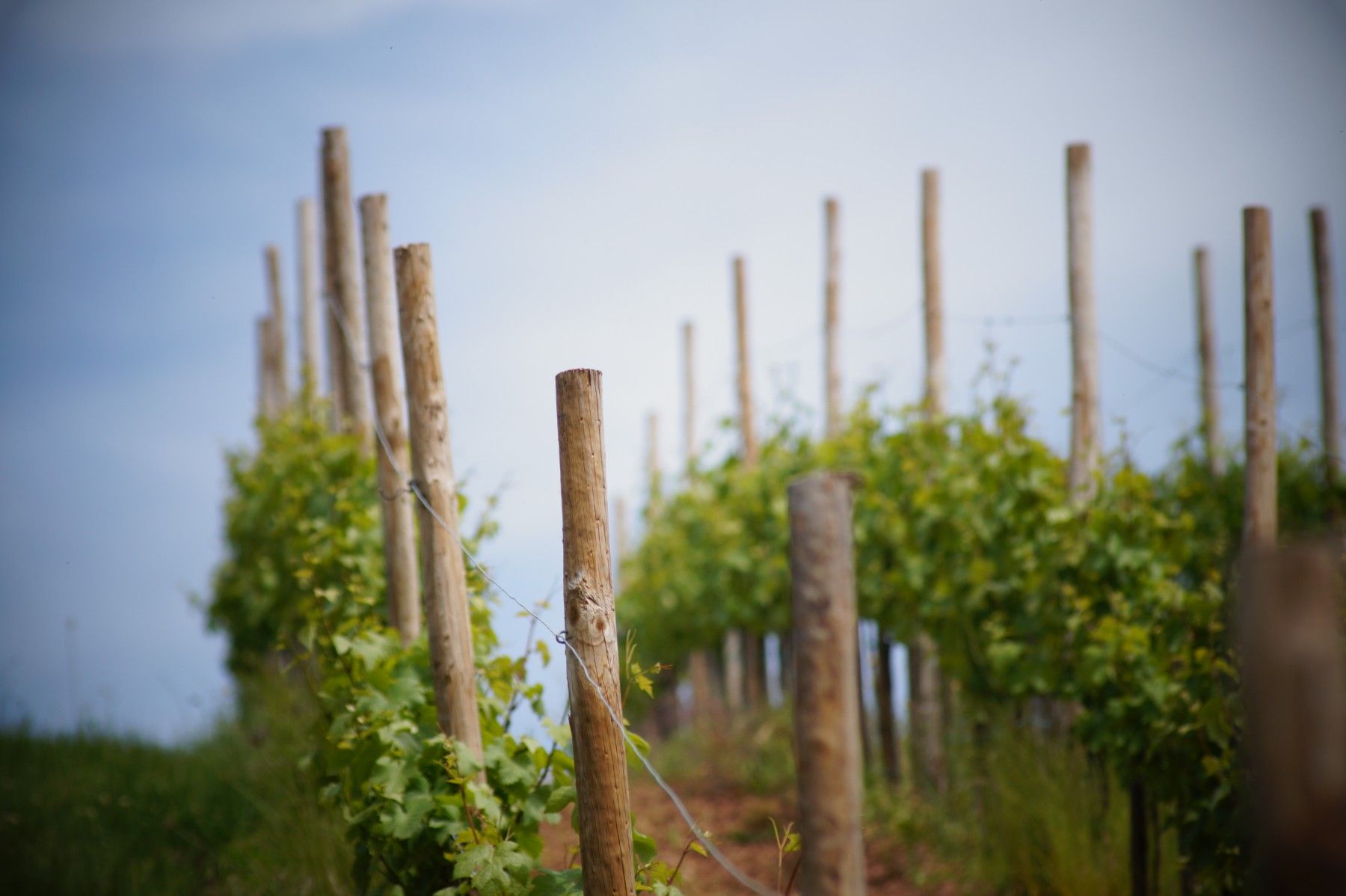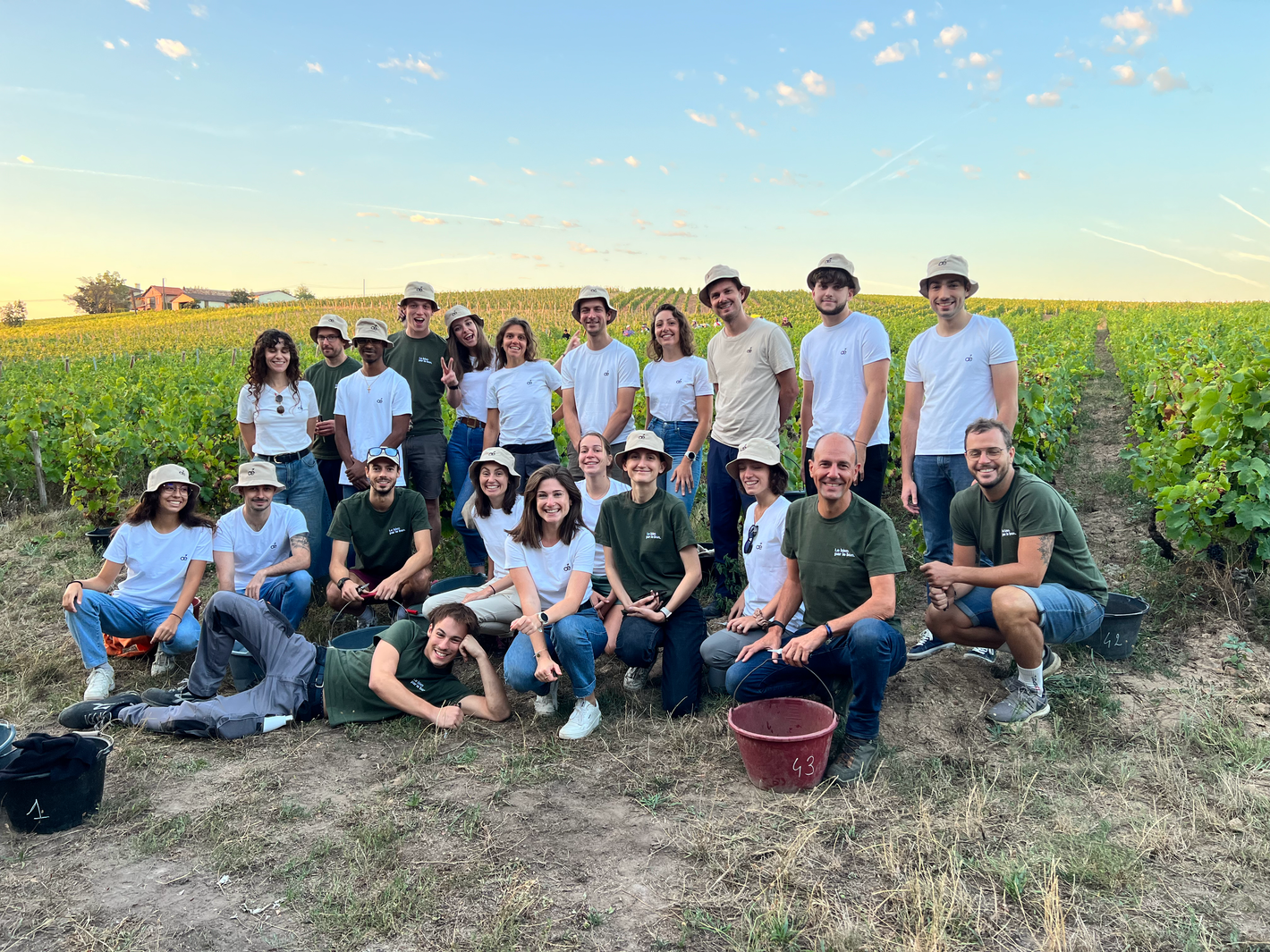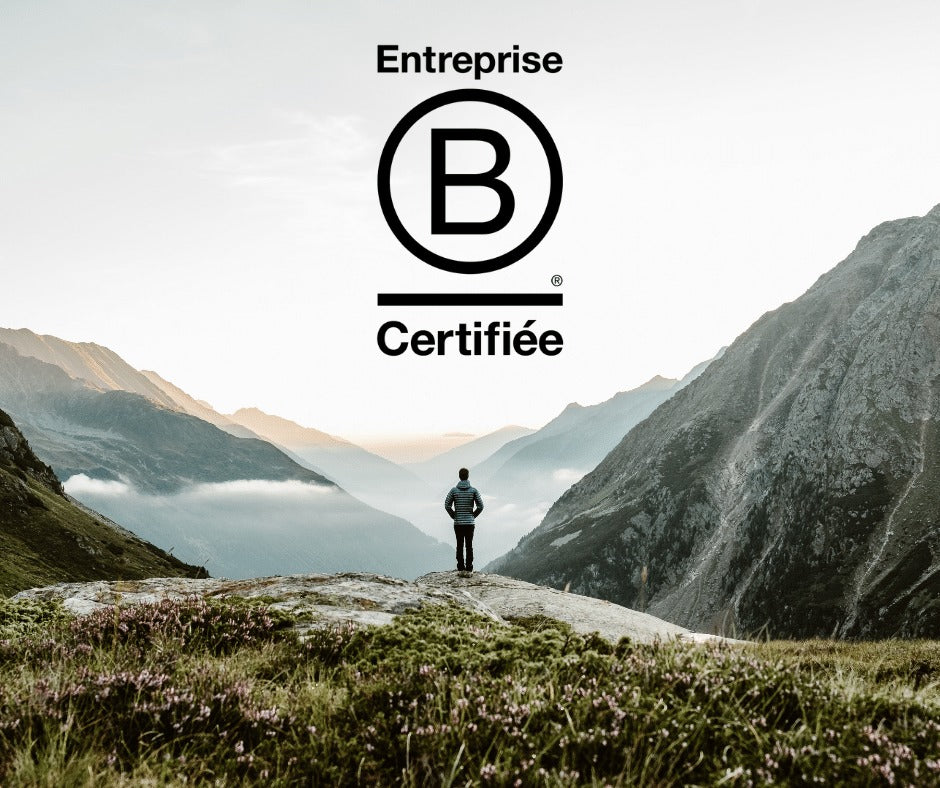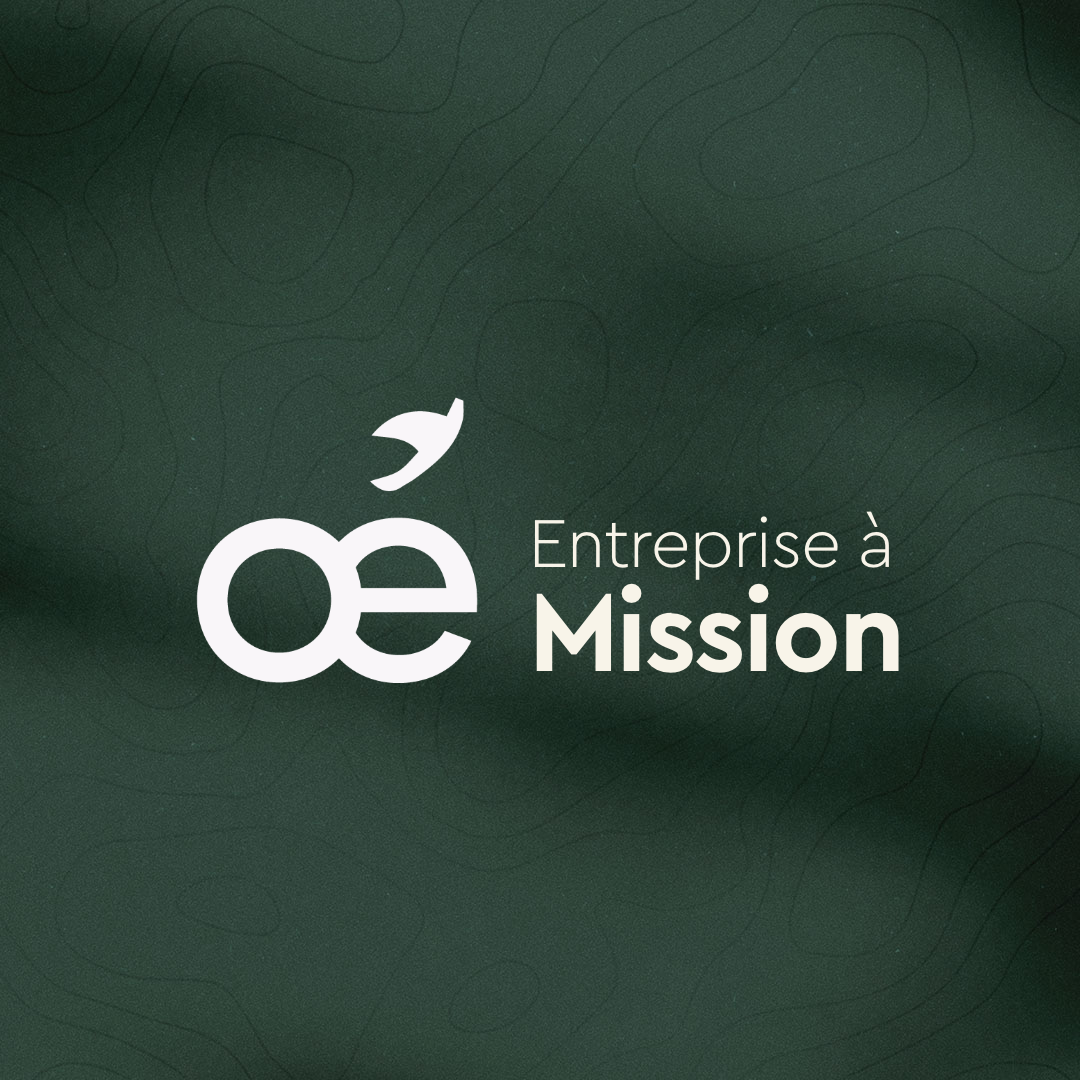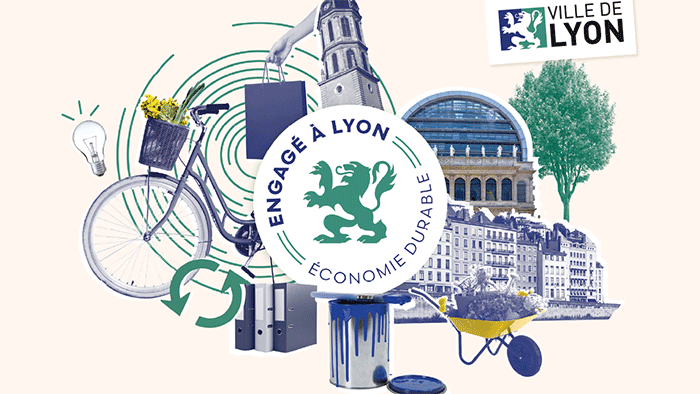Our carbon footprint
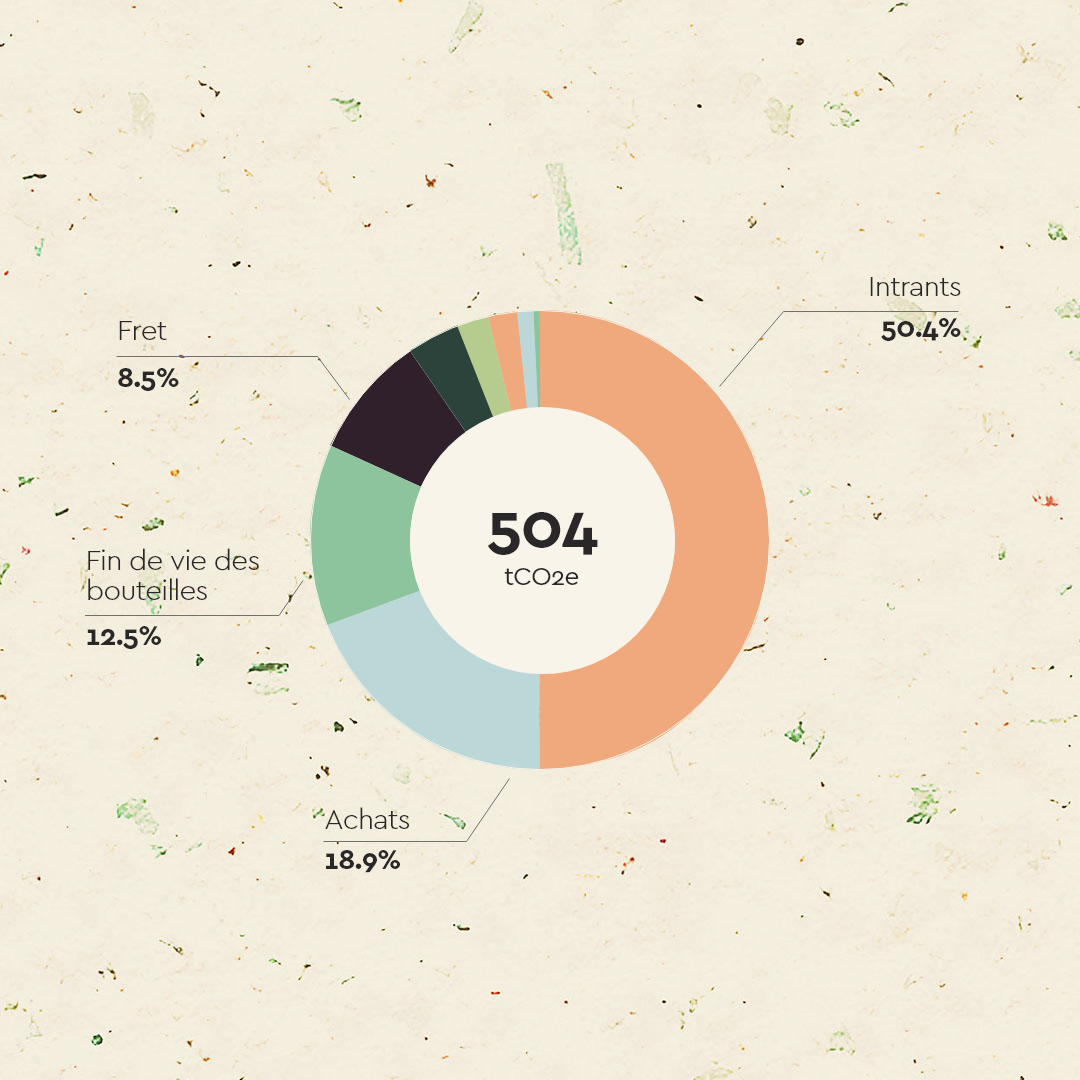
We launched our first carbon assessment in the last quarter of 2021.
The results are clear. Even though we've taken steps to reduce our waste, establish the reuse of bottles with as many partners as possible, and preserve biodiversity, our carbon footprint amounts to 504 tonnes of CO2 equivalent.
Learn more about our carbon footprintBefore we get into our action plan. Let's get back to basics.
CO2e or CO2 equivalent is a unit of measurement created by the experts at the IPCC: the Intergovernmental Panel on Climate Change. This is based on the fact that different gases emitted by human activities do not have the same impact on the greenhouse effect—and have different lifetimes in the atmosphere. This unit makes it possible to standardize and measure their effects on our climate.
To calculate the CO2 equivalent of a greenhouse gas emission, you multiply the emission by the global warming potential over the period of time in question.
It sounds complicated, but it's actually pretty simple. Here's an example: the IPCC considers that methane has a global warming potential 28 times higher than CO2 on average over 100 years. So each tonne of methane represents 28 tonnes of CO2 equivalent on the emissions balance sheet.
If you want to play with the data and gain a deeper understanding of how C02e really works, ADEME has set up a tool (available in French only) that allows you to do your own calculations. Take our carbon footprint of 504 tonnes of CO2e, for instance, and you'll find it's equivalent to 988,235 vegetarian meals or 69,422 meals containing beef... Some food for thought.
If you want to calculate your personal carbon footprint, Nos gestes climat have a ten-minute quiz that will give you an estimate of your personal impact (available in French only).
Back to Oé's carbon footprint
At Oé, it's our bottles of wine that have the most significant impact on our carbon footprint: from the glass to the wine itself. Encouraging the reuse of bottles is one of our solutions to drastically reduce our emissions.
You might have heard about carbon neutrality. In truth, it doesn't mean much. A big part of the role we hope to play is raising awareness about the way language is used by some companies in greenwashing. We want to ensure you have the right infomation at your fingertips to make informed decisions.
Instead of focusing on carbon neutrality, it's better to focus on climate contributions. At Oé, this approach is at the heart of everything we do. If any negative contributions can be reduced, diminished, or stopped: we take action.
Our goal is to become a regenerative business. And we're well on our way, thanks to our first steps in the vineyards. Through the Oé Biodiversity Program, we finance the planting of hedges, the installation of nesting boxes amid the vines and in the surrounding forests, and the creation of sheepfolds in partnership with the Conservatoire d'Aquitaine, for example. We look to create a positive and lasting impact, and to preserve and regenerate more resources than we use.
With our partner SAMI, we have set a target of reducing our emissions by 4.2% to reach 312 tons of CO2e by 2030. Encouraging the reuse of bottles and simplifying our processes will play the biggest part in helping us achieve this. We also know that transporting and shipping our wines, as well as our offices, have a big impact on our carbon footprint.
To follow our progress, we'll release a new report at the beginning of 2024. This will help us go further, do more, and refine our action plan.
We have everything we need to make lasting change: now it's up to us!

